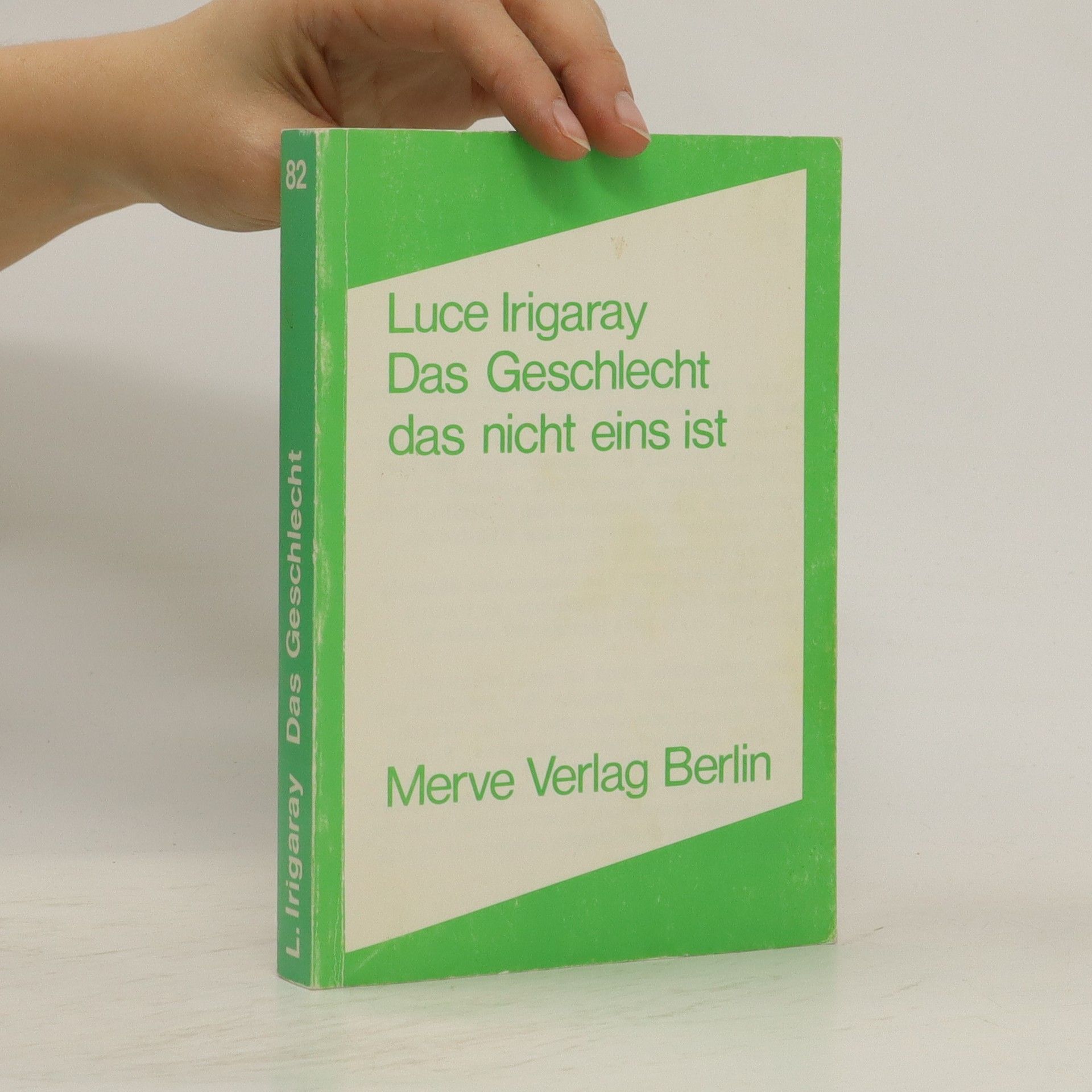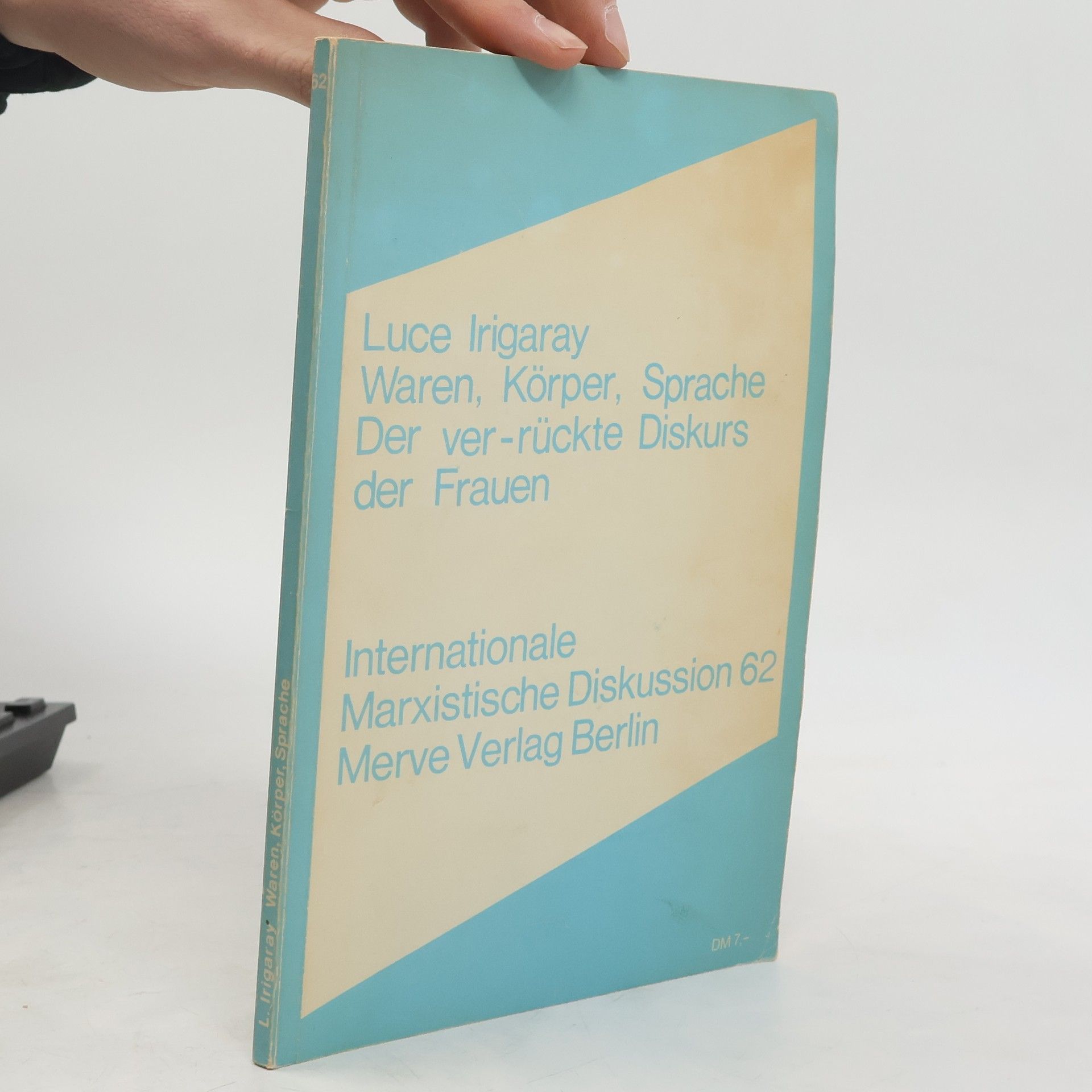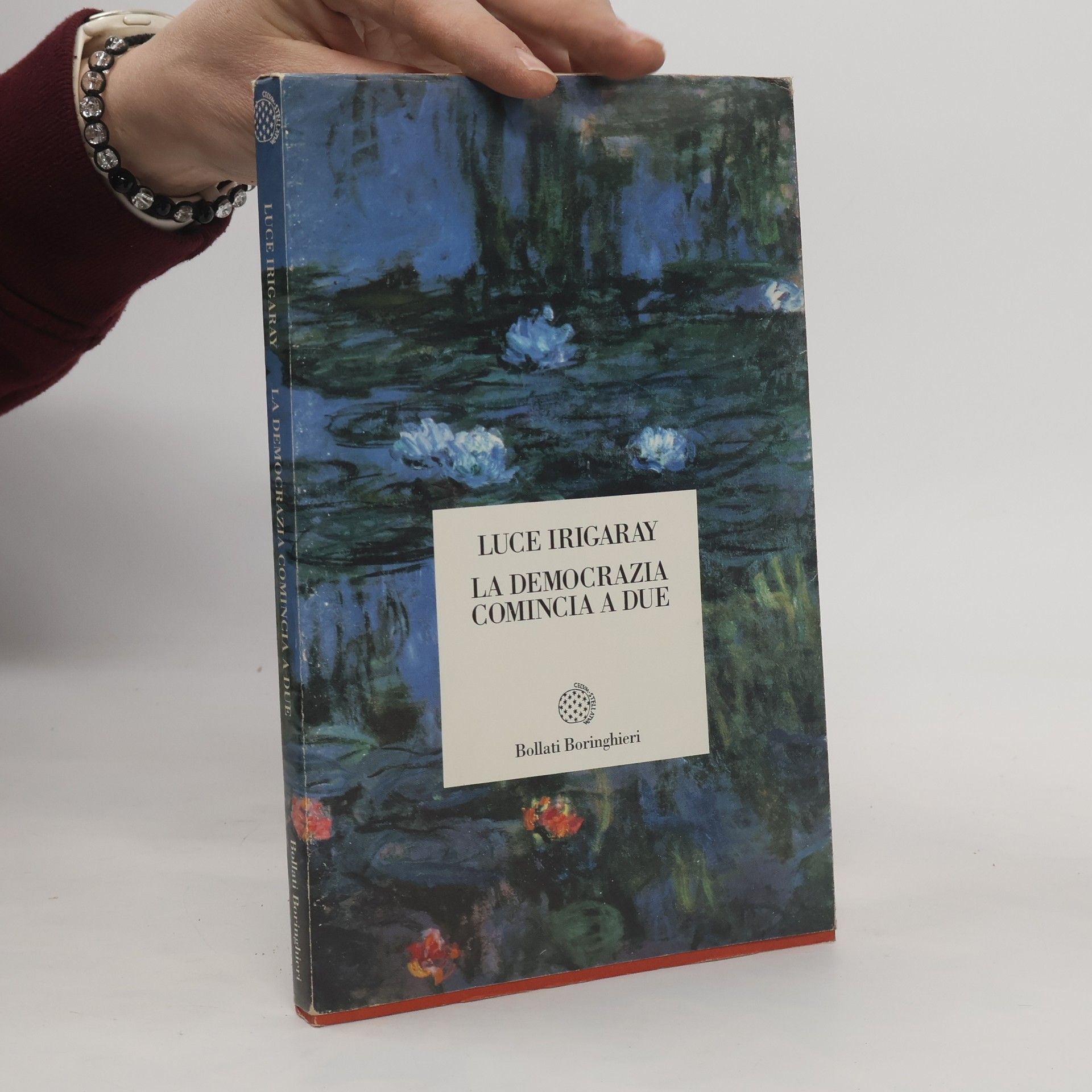Critique: Speculum. De l'autre femme
- 463pages
- 17 heures de lecture
La sexualité féminine est restée le “ continent noir ” de la psychanalyse. Celle-ci, en effet, ne pouvait que méconnaître cette autre, femme, qui déborde le cadrage de son champ théorique, la science du sujet qu’elle définit n’ayant pas interrogé sa soumission à des impératifs logiques masculins. Il fallait donc retraverser les textes où cette logique de l’un, du même, se systématise comme telle. Relire, et réinterpréter, Platon, pour repérer comment s’y déterminent les métaphores qui véhiculeront désormais le sens. Suivre le développement de cette histoire, de la théorie, et re-marquer où et comment l’autre – femme – se trouve exclue de la production du discours, en assurant de sa plasticité silencieuse le sol, la relance, et la limite. Un spéculum a été introduit dans le volume pour en altérer l’économie. Ce praticable déjouant le montage de la représentation selon des paramètres masculins. Non pour quelque nouveau spectacle. Rien, alors, à voir en plus ? Mais que, d’un tact difficilement identifiable dans son fluide et inappropriable dans sa touche, “ Dieu ” rouvre des chemins dans un langage qui la connote comme châtrée, interdite de parole, et un certain sens – aussi de l’histoire – s’en trouvera soumis à une distorsion inouïe. La/une femme jamais ne se re(n)ferme en un volume. Luce Irigaray





